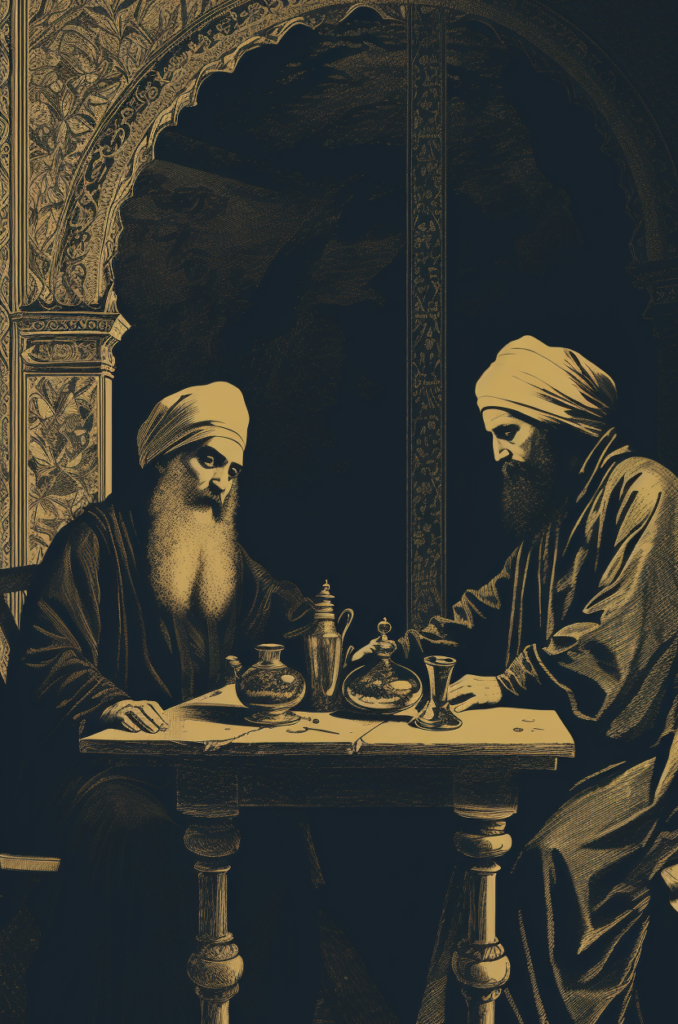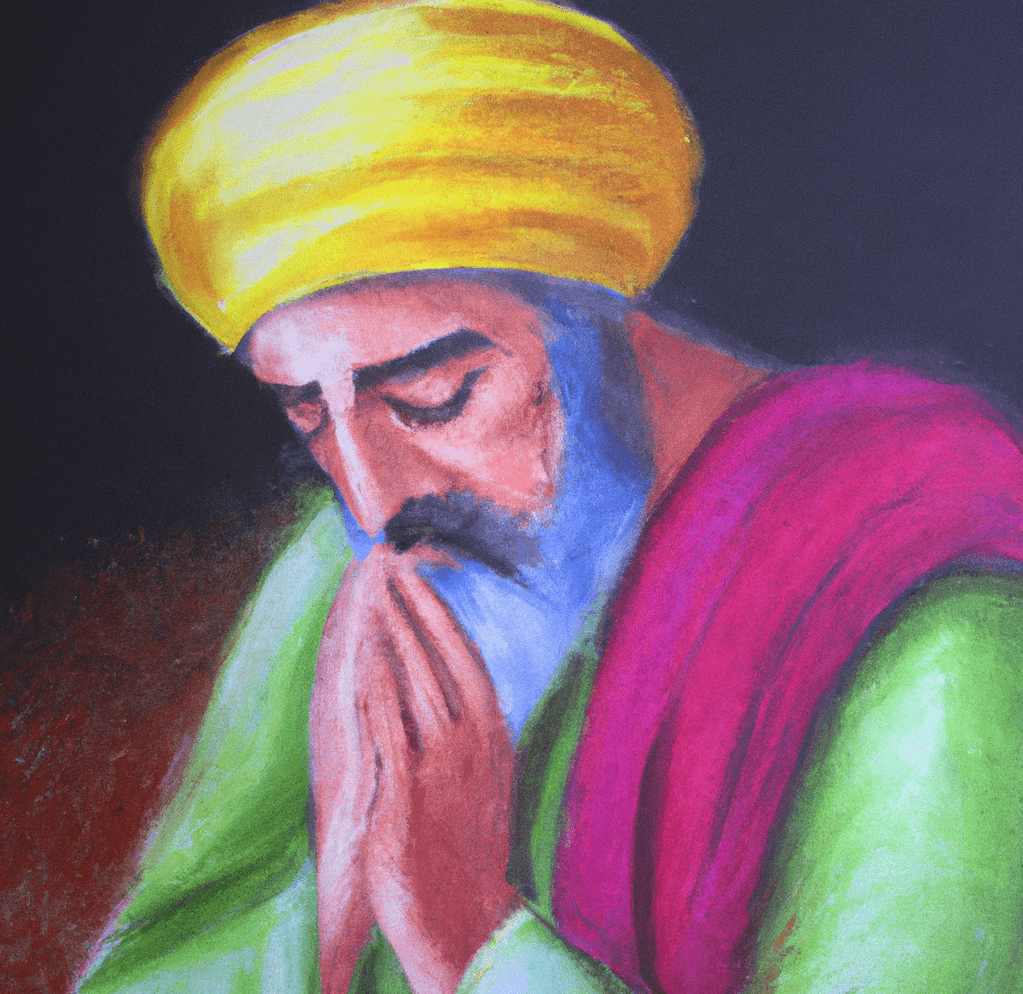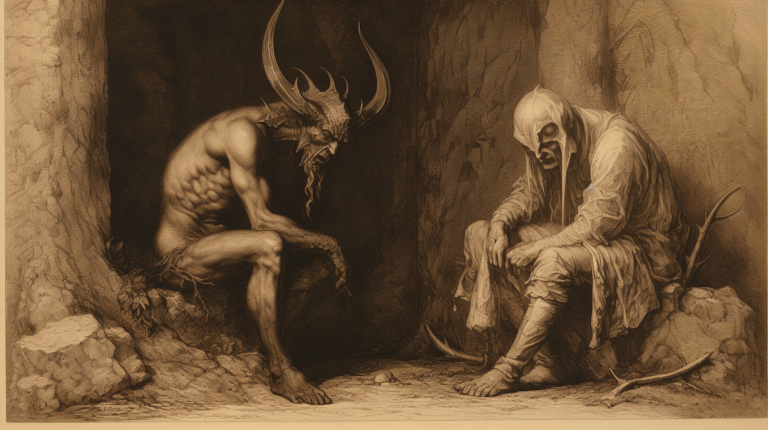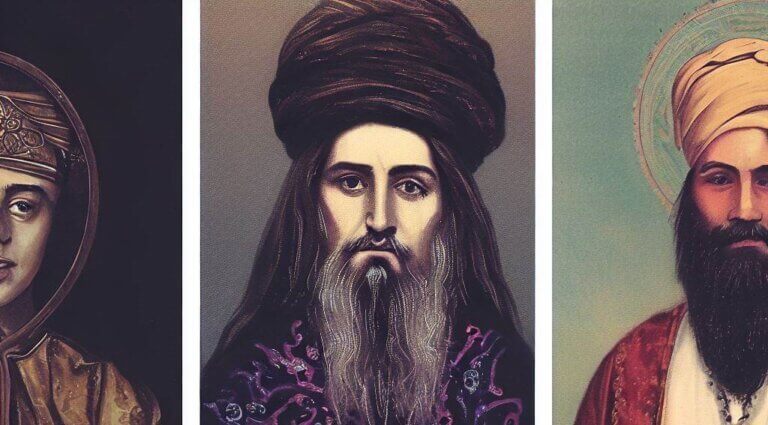A Comparative Analysis of Sufism and Christian Mysticism
Exploring the Depths: A Comparative Analysis of Sufism and Christian Mysticism
Mystical traditions within various religions have long fascinated scholars and seekers of spiritual wisdom. Sufism, the mystical dimension of Islam, and Christian Mysticism, found within the Christian tradition, offer profound insights into the nature of the divine and the path to union with the ultimate reality. In this article, we embark on a comprehensive exploration of Sufism and Christian Mysticism, drawing comparisons and highlighting their similarities, differences, and shared aspirations for spiritual transformation and union with the divine.
Origins and Historical Development:
Sufism traces its origins to early Islamic mystics and ascetics who sought a direct and intimate experience of God. It flourished during the Golden Age of Islam and found expression through the works of renowned figures such as Rumi, Ibn Arabi, and Al-Ghazali. Christian Mysticism, on the other hand, emerged within the early Christian Church, influenced by the teachings of Jesus Christ and the writings of mystics like Origen, Augustine of Hippo, and Meister Eckhart. Both traditions have evolved over time, integrating cultural and theological influences while staying true to their core mystical principles.

Approach to Mystical Experience:
Both Sufism and Christian Mysticism emphasize the importance of direct experiential knowledge of the divine. Sufism employs various mystical practices such as dhikr (remembrance of God), meditation, and whirling to induce ecstatic states of spiritual communion. Christian Mystics engage in contemplative practices like meditation, prayer, and silent reflection to cultivate a deep sense of God’s presence and transformative union.
Concepts of God and Ultimate Reality:
Sufism perceives God as the ultimate reality, often referred to as the Beloved, the Divine Essence, or the Friend. Sufi mystics strive to transcend their limited selves and merge with the divine, believing in the concept of fana (annihilation of the self in God) and baqa (subsistence in God). Christian Mysticism also seeks union with God, emphasizing the concepts of theosis or divinization, where humans are called to participate in the divine nature and become one with God through grace and spiritual purification.
Love as the Path:
Love serves as a central theme in both Sufism and Christian Mysticism. Sufi poets and mystics express their longing for God through the language of love, depicting the soul’s journey towards union as a passionate love affair. Rumi’s poetry, for example, speaks of the lover and the beloved, drawing parallels between human and divine love. Similarly, Christian Mystics emphasize the power of divine love as the transformative force that unites the soul with God, with renowned mystics such as St. John of the Cross and St. Teresa of Avila portraying the soul’s journey as a bridal mysticism—a loving union between the soul and God.
Paths to Spiritual Transformation:
Both traditions offer diverse paths to spiritual transformation. Sufism encompasses different tariqas (spiritual orders) that emphasize specific practices and methods, such as the chanting of divine names, the study of sacred texts, or the guidance of a spiritual teacher (murshid). Christian Mysticism encompasses a range of approaches, including the contemplative prayer of the Desert Fathers and Mothers, the ascetic practices of the early Christian monastics, and the writings and teachings of visionary mystics.

Unity and Universalism:
Sufism and Christian Mysticism share a profound sense of unity and universalism. Sufi teachings often highlight the concept of wahdat al-wujud (unity of being), emphasizing the interconnectedness and oneness of all creation. Christian Mystics, too, speak of the unity of creation, perceiving the divine presence in all aspects of existence. Both traditions promote inclusivity, recognizing the underlying unity of all religious paths and embracing the diversity of human spiritual experiences.
Conclusion:
While Sufism and Christian Mysticism arise from different religious contexts, they converge in their quest for direct experiential knowledge of the divine and the union of the human and the divine. Both traditions inspire seekers to embark on an inner journey of self-transformation, guided by love, devotion, and contemplation. By exploring their similarities and differences, we can deepen our understanding of the rich tapestry of mystical traditions, gaining insights that can enrich our own spiritual quests and foster interfaith dialogue and understanding in an increasingly interconnected world.






